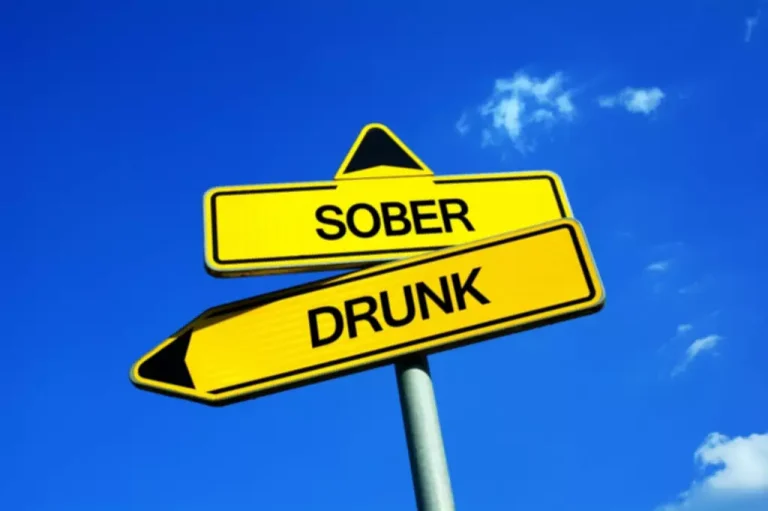
Issues involving quality of life are examined and then, the focus is on improving a person’s overall wellbeing. Emotional trauma is explored, and healthy coping mechanisms are built to counteract maladaptive behaviors that may be in place currently. Basic social skills, such as communication, among others, are enhanced during individual sessions of DBT for substance use as well. Homework is generally given after every DBT group skills training sessions, so individuals can practice some of the things they learned in their daily lives between sessions.

Borderline personality disorder
This can bring greater balance and reduce black-and-white patterns of thought. DBT appears to be an effective therapy for BPD and other issues that can be challenging to treat, including substance misuse and eating disorders. Working with BPD and other hard-to-treat conditions can be challenging for therapists. Therefore, the therapy team typically meets weekly for support, training, and feedback. Stage I. First, your therapist will focus on the most urgent areas of concern.

How Do Dialectical Behavioral Therapy Sessions Work?
But it doesn’t label any negative thoughts and feelings as “wrong.” Instead, DBT will help you accept that all your thoughts are valid because of who you are and the life experiences that you’ve had. A DBT-trained therapist will work with you to acknowledge that you’re doing the best that you can at this moment. And they’ll teach you ways to manage strong feelings and stressful thoughts when they come up. Certified practitioners of DBT offer acceptance and support to people in therapy. Many of the people they work with have conditions described as “difficult to treat.” They work to develop techniques for achieving goals, improving well-being, and effecting lasting positive change. However, DBT puts a little more emphasis on managing emotions and interpersonal relationships.
Brain Emotion Circuitry-Targeted Self-Monitoring and Regulation Therapy (BE-SMART)

Interpersonal effectiveness skills can help you be clear about these things. These skills combine listening skills, social skills, and assertiveness training to help you learn how to change dialectical behavioral therapy situations while remaining true to your values. With DBT, you’ll learn to use four core skills, sometimes called modules, to cope with emotional distress in positive, productive ways.
- Learning to be mindful, manage their emotions, deal with stress, and get along with others can help your teen make positive changes and feel more balanced.
- Clients are encouraged to understand that their thoughts and feelings are valid, to accept themselves as worthwhile, and to find the motivation to modify negative thoughts and behaviors.
- Researchers have also found that DBT is effective regardless of a person’s age, sex, gender identity, sexual orientation, and race/ethnicity.
How Does DBT Work?
- Next, behaviors that may keep a person from attending therapy or participating fully in sessions are addressed.
- DBT is a short-term and research-based therapeutic model that focuses on helping people to manage emotions that may be intense and painful.
- Clients usually start with Mindfulness to increase their general awareness of your thoughts and emotions.
- This stage involves stabilizing people and helping them gain control of their behaviors.
- Alcohol can temporarily soothe troubling thoughts and serve as a way to escape from reality.
The first of these ideas is the acceptance of the reality of a person’s life and behaviors. Each lesson is structured with a learning component that takes around 5 minutes to complete. Then there is an accompanying exercise and worksheet that will take you around 10 minutes to complete. You repeat the exercises that you find useful a few times a week until you feel like you have got what you need out of the lesson.
In what order should DBT skills be learned?
Our team includes psychologists, social workers, behavioural therapists, and occupational therapists. Dialectical behavior therapy is a type of therapy that was developed from cognitive behavioral therapy. It involves distress tolerance, mindfulness, emotional regulation, and interpersonal effectiveness https://ecosoberhouse.com/ skills. Although designed for people with suicidal behaviors, self-harm behaviors, and borderline personality disorder, it is an effective treatment for many other mental health disorders. The ADHD Skills group at the OICBT is a treatment option for adults who experience symptoms of ADHD.
What happens during DBT?

Distress tolerance is the ability to manage emotional distress in the moment, using techniques such as distraction.
